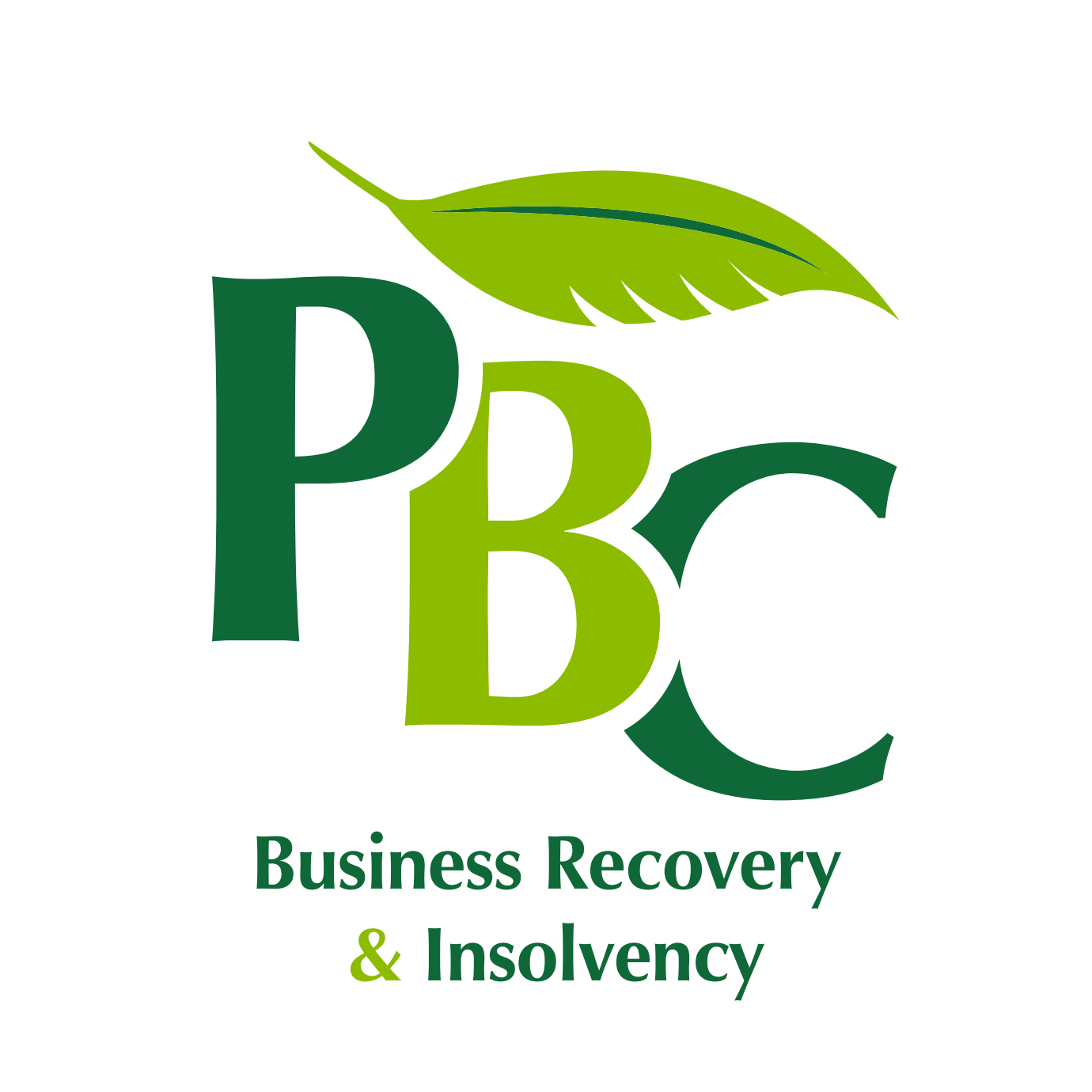Sky News are reporting no further action shall be taken against the directors of Thomas Cook under the Company Directors Disqualification Act.
Andrea Leadsam, the then business secretary at the time of the liquidation, sought an enquiry as a priority given the significance of this case and its implications for thousands of customers and employees. She added,
“I ask that the investigation by the Official Receiver looks, not only at the conduct of directors immediately prior to and at insolvency, but also at whether any action by directors has caused detriment to creditors or to the pension schemes.” Labour MP, Rachel Reeves added, “Its directors had exhibited a lack of challenge in the boardroom as the company piled up debt and Thomas Cook management missed opportunities to reduce debt levels and give the business a viable future”.
“Will I be banned?”
A question we, at PBC, get asked constantly by directors.
Like most high-profile companies, the Thomas Cook demise was subject to significant media attention. However, regardless of the media reporting or the size of the company that enters into an insolvency event, it all comes down to what was the conduct of the directors? In the case of Thomas Cook they engaged with the creditors, they took independent advice throughout and, when they were advised their efforts were going to be to no avail, they followed that advice and took what is an incredibly difficult decision.
At PBC we have an immense level of respect for every person that contacts us for advice. It is often a period of heightened emotion and, at times, can feel intimidating. However, taking that advice generally dismisses the “Pub talk” stories and can open up options to address those issues that are keeping you awake at night.
Taking early advice helps to control the situation, provides more options being available and helps avoid directors doing things that could see them getting embroiled in issues where disqualification and possible personal liability are a real threat.
Should you have an insolvency-related issue then please contact a member of the team at PBC Business Recovery & Insolvency on (01604) 212150 (Northampton office) or (01234) 834886 (Bedford office). Alternatively, you may send an email to info@pbcbusinessrecovery.co.uk.


